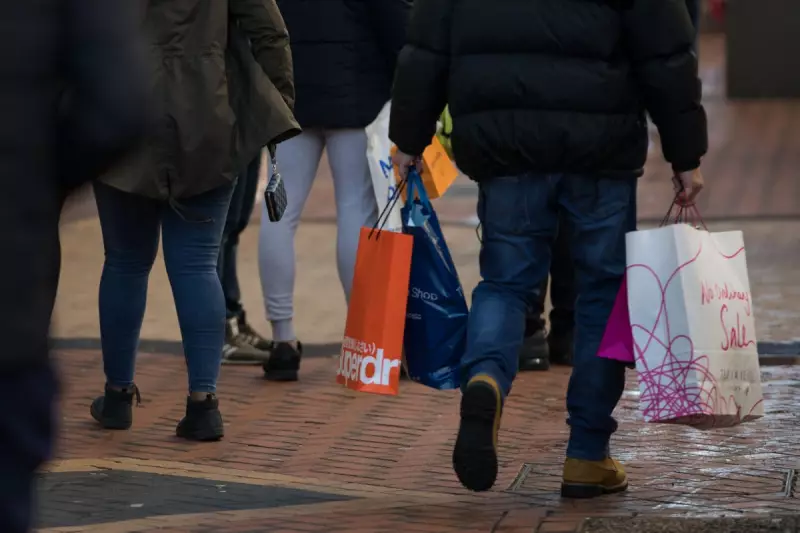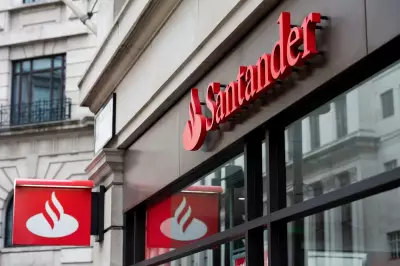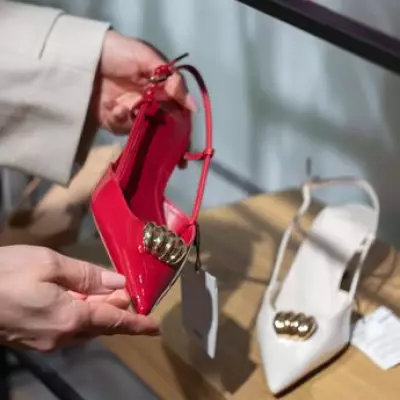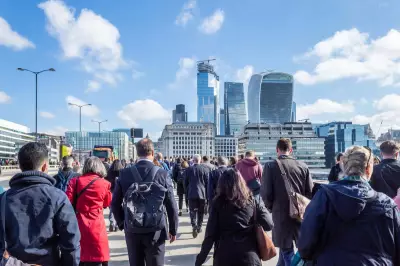
The UK retail sector is facing one of its most challenging periods in recent history, with sales volumes experiencing a significant downturn as consumer confidence reaches worrying lows, according to fresh analysis from the prestigious EY Item Club.
Sharp Decline in Consumer Spending
Recent data reveals a dramatic contraction in retail sales, painting a concerning picture for Britain's high streets and shopping centres. The EY Item Club's latest forecast indicates that consumers are tightening their belts in response to mounting economic pressures.
Rising living costs and economic uncertainty are forcing households to reconsider their spending habits, with discretionary purchases being the first casualties in this financial squeeze.
Economic Headwinds Intensify
The retail downturn comes amid a perfect storm of economic challenges:
- Soaring energy bills and household expenses
- Persistent inflation affecting purchasing power
- Rising interest rates increasing mortgage costs
- General economic uncertainty affecting consumer sentiment
These factors have created an environment where even essential spending is being carefully scrutinised by budget-conscious consumers.
Expert Analysis and Forecast
The EY Item Club, which uses the Treasury's economic model for its predictions, suggests that the retail sector may face continued pressure in the coming months. Their analysis points to a fundamental shift in consumer behaviour that could have lasting implications for the UK economy.
"The combination of squeezed disposable incomes and cautious consumer sentiment is creating unprecedented challenges for retailers," the report indicates.
Sector-Wide Implications
This retail slump isn't isolated to specific segments but appears to be affecting multiple areas of consumer spending. From fashion to home goods, businesses across the retail spectrum are reporting softer sales and changing shopping patterns.
The situation highlights the broader economic pressures facing UK households and raises important questions about the strength of consumer-led recovery in the months ahead.





